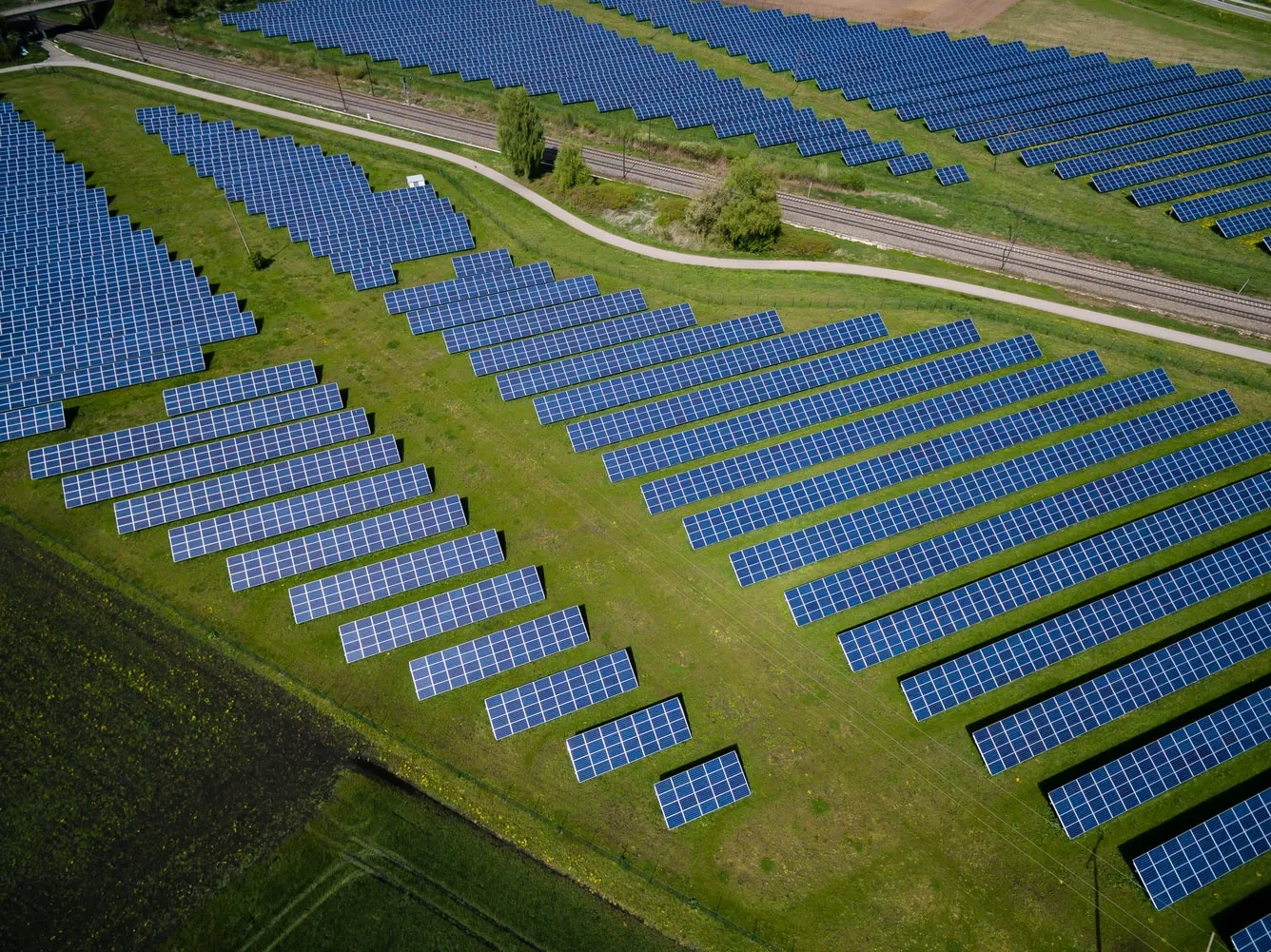The Carbon Border Adjustment Mechanism (CBAM) is a new EU instrument for preventing carbon leakage, that is, the shifting of the production of goods to non-EU countries where there is a lower or no carbon cost associated with their production. The mechanism is applied to seven carbon-intensive goods most at risk of carbon leakage: iron, steel, aluminium, cement, fertilisers, hydrogen and electricity imported to the EU from outside the EU and specified in EU Regulation. The objective of the mechanism is for the prices of these goods imported to the EU to reflect more accurately their carbon content. The CBAM also aims to encourage third countries, foreign producers and EU importers to reduce their emissions. Only reporting obligations arise during the transitional period and financial obligations apply from 2026. The obligations imposed by the CBAM apply to all who import CBAM goods, where the total value of the consignment exceeds a value of €150.
You must file quarterly reports to the Commission providing details of CBAM goods imported. The Q4 2023 reports which were due by 31 January 2024, but can be amended up until 31 July 2024. The CBAM Transitional runs until 31 December 2025 and has been termed a ‘learning by doing’ period. During the transitional period, no verification of emissions by an EU-accredited verifier is required, nor is there a requirement to purchase CBAM certificates. The CBAM report must contain the total quantity of goods imported in the preceding quarter, the total embedded direct and indirect emissions, and the carbon price due in the country of origin for the embedded emissions. Making your trading partners outside the EU aware of the guidance provided by the European Commission on the goods in scope and how to calculate embedded emissions is part of the requirements. Guidance and webinars are provided for each of the CBAM sectors as well as Guidance on how to complete the template provided in the Transitional CBAM Registry user manual for Declarants.
In relation to the carbon price paid abroad, the EU declarant would have to purchase CBAM certificates for the imported volumes if the proof of payment of a carbon price is not included in the paper trail. Although CBAM is not a tax per se, this situation could lead to a double payment of a carbon price for certain electricity volumes imported into the EU, and thus a higher electricity price. This has a bearing on the electricity partnership between Ireland and Britain that is crucial to protecting security of supply in both constituencies, recent data shows that Ireland, isolated from the bloc, generally exports electricity to the UK except for 2021 (498GW imported). This partnership must be safeguarded in the future, especially as the UK accelerates the deployment of clean energy sources that could be exported to Ireland and the EU.
DG TAXUD has put in place measures to support businesses. A new functionality will be made available as of 1 February on the Transitional Registry that will allow companies to “request delayed submission”, giving an additional 30 days to submit their CBAM report. National Competent Authorities have received guidance not to impose penalties to those declarants that have experienced technical difficulties & system errors. Penalties could apply after the correction period, if declarants do not provide justification for the delay & do not correct their inaccuracies. This is possible until 31 July 2024.

